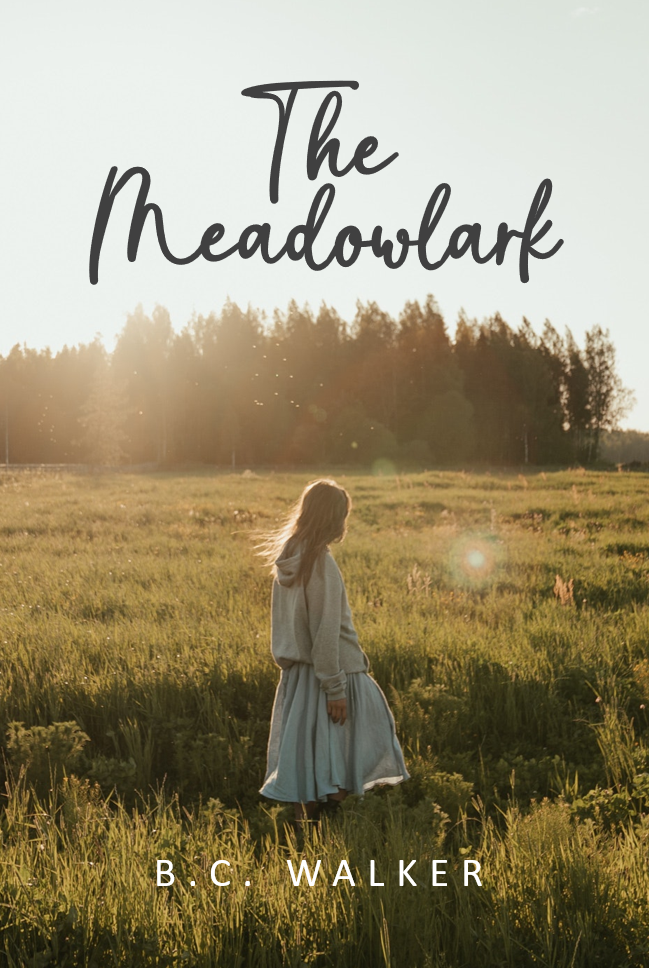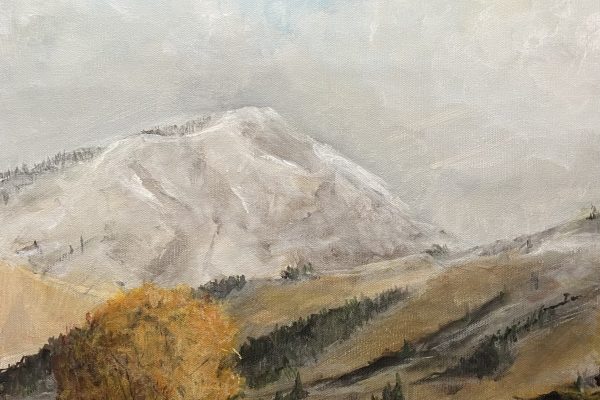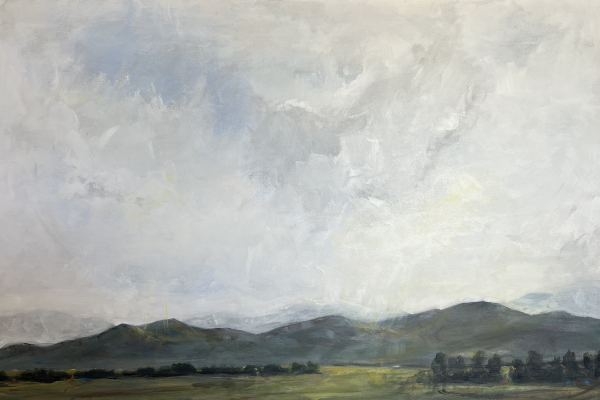Recent Field Notes
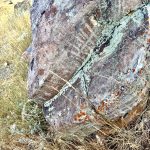 {#40} Center of Gravity - I took some family members hiking recently to see if we could locate Native American rock art in the foothills near town. A year earlier I’d dropped a pin in…
{#40} Center of Gravity - I took some family members hiking recently to see if we could locate Native American rock art in the foothills near town. A year earlier I’d dropped a pin in… 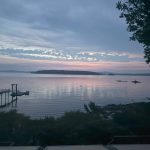 {#39} Worm - In June and July, only the earliest risers catch the quietest hour. Pre-dawn. First light. Morning’s earliest names belong to those who trade sleep for stillness. A pink sky rises…
{#39} Worm - In June and July, only the earliest risers catch the quietest hour. Pre-dawn. First light. Morning’s earliest names belong to those who trade sleep for stillness. A pink sky rises… 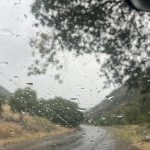 {#38} Summer Rain - This year, my area went ninety-six days without measurable precipitation. By now, we’d typically have around five inches. Instead, trails turned dusty, poufs of grit rising with each step, working…
{#38} Summer Rain - This year, my area went ninety-six days without measurable precipitation. By now, we’d typically have around five inches. Instead, trails turned dusty, poufs of grit rising with each step, working… 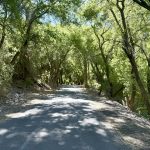 {#37} Shade: Darkness from Light - Step from sunlight into shade on a summer day, and your body knows the difference before your mind can name it. The air cools. Colors mute. Edges soften. You breathe…
{#37} Shade: Darkness from Light - Step from sunlight into shade on a summer day, and your body knows the difference before your mind can name it. The air cools. Colors mute. Edges soften. You breathe… 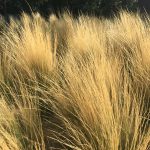 {#36} Hard of Hearing - People around me often speak, but I don’t hear them—or at least not clearly. It’s not that I’m deaf. It’s that I’m elsewhere. My mind loops its own soundtrack—unfinished to-do…
{#36} Hard of Hearing - People around me often speak, but I don’t hear them—or at least not clearly. It’s not that I’m deaf. It’s that I’m elsewhere. My mind loops its own soundtrack—unfinished to-do…  {#35} Who Owns the Water? - In the American West, water is never just water. It is inheritance, leverage, and law. It has been bought, sold, diverted, fought over, and rationed. “Do unto those downstream as…
{#35} Who Owns the Water? - In the American West, water is never just water. It is inheritance, leverage, and law. It has been bought, sold, diverted, fought over, and rationed. “Do unto those downstream as… Book—The Meadowlark
Overview
In 1885, southeastern Idaho was the last part of the country to open for homesteading. Young Cassie Rapp arrives with her family to farm a country overrun by sagebrush and lacking water. With others they meet, they harness the mighty Snake River and turn 100,000 acres of barren earth into the rich farm community it is today.
Meanwhile, modern-day character Emma Rose, a notable speaker and business consultant, is trying to make sense of her recently deceased father’s request to be buried in a small Idaho town. Her journey of discovery begins from there.
News, Coverage, and Updates
Podcast: Interview on “Start Writing #134” (YouTube or all platforms)
Audible audio version now available here.
Read coverage in East Idaho Business Journal – “East Idaho Native captures the feeling of hometown Rigby”
Fine Art
No one is born an artist, or at least that’s what I tell myself. I actually know a few natural-born artists who, of course, have honed their craft and created masterpieces. My self-taught, hack approach has produced nothing but delight (for me!) as I have learned to capture what I see rather than what I know—that pine trees aren’t always green and light does curious things to the eves of a building and elements off in the distance.
Heaven & Earth (16×20, floater frame, $1,250)
Additional Art

About Field Notes
Field Notes began as a practice in mindful attention—capturing fleeting moments and letting meaning emerge. I hope these essays meet you where you are, offering fresh perspective, connection, or an invitation to pause and notice what’s already here. In a world that rushes past the sacred, this is my effort to carve out space for reflection, questions that linger, and the kind of noticing that deepens life.
If it resonates, I’m glad you’re here.

